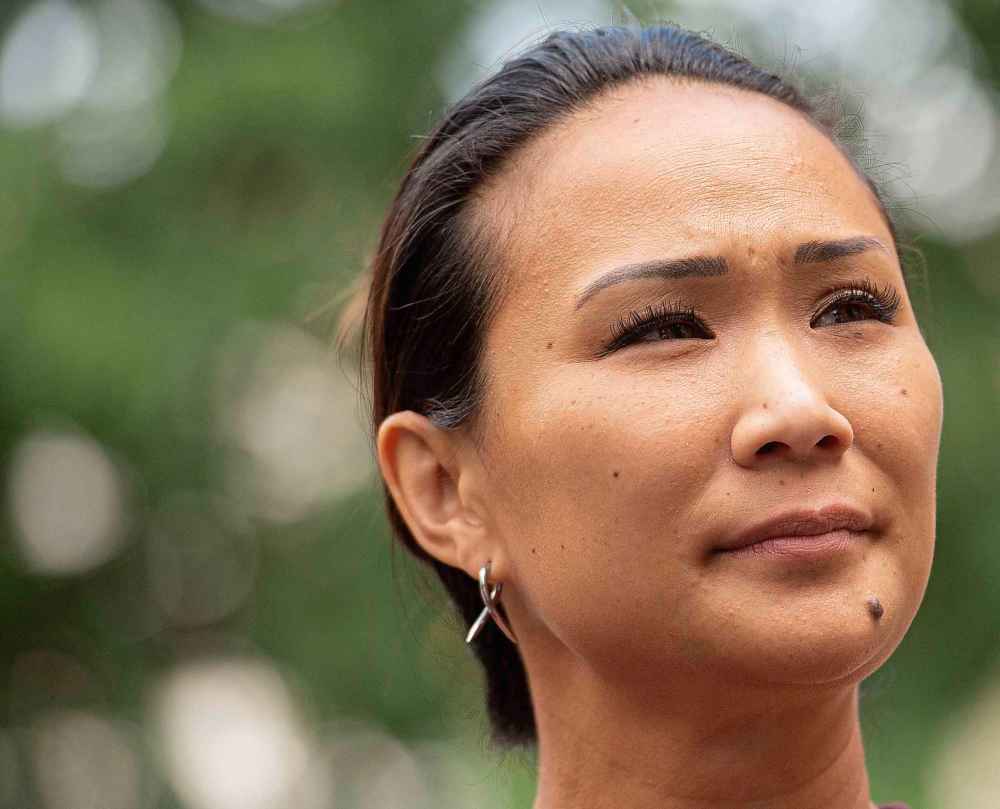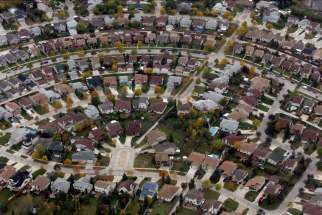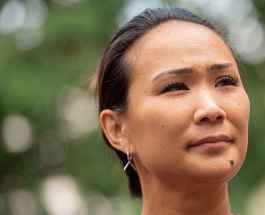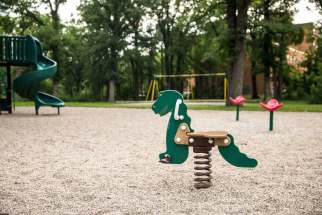Vivian Santos belongs on the Winnipeg Police Board
Read this article for free:
or
Already have an account? Log in here »
To continue reading, please subscribe:
Monthly Digital Subscription
$0 for the first 4 weeks*
- Enjoy unlimited reading on winnipegfreepress.com
- Read the E-Edition, our digital replica newspaper
- Access News Break, our award-winning app
- Play interactive puzzles
*No charge for 4 weeks then price increases to the regular rate of $19.00 plus GST every four weeks. Offer available to new and qualified returning subscribers only. Cancel any time.
Monthly Digital Subscription
$4.75/week*
- Enjoy unlimited reading on winnipegfreepress.com
- Read the E-Edition, our digital replica newspaper
- Access News Break, our award-winning app
- Play interactive puzzles
*Billed as $19 plus GST every four weeks. Cancel any time.
To continue reading, please subscribe:
Add Free Press access to your Brandon Sun subscription for only an additional
$1 for the first 4 weeks*
*Your next subscription payment will increase by $1.00 and you will be charged $16.99 plus GST for four weeks. After four weeks, your payment will increase to $23.99 plus GST every four weeks.
Read unlimited articles for free today:
or
Already have an account? Log in here »
Hey there, time traveller!
This article was published 24/07/2020 (1964 days ago), so information in it may no longer be current.
When I was growing up, often in Manitoba Housing units, I was surrounded by Indigenous, immigrant and blue-collar people.
Life wasn’t brutal, but it was tough. People around me worked hard but had an uphill battle in life. This is not a “woe is me” story, but reality.
For Indigenous people, many experienced laws and policies like residential school and the Indian Act that sparked legacies of violence, substance abuse, and run-ins with the law. In my family, alcohol was the self-medication of choice to deal with this trauma — something which always led to more problems.
For immigrant families I knew — specifically Mandarin, Ukrainian, Tamil, Filipino, Pakistani, Guyanese, Nigerian, and Japanese families — life was challenging, too. Many were refugees struggling with minimum-wage jobs or beginning small businesses. I remember many parents rarely being home because they were working.
Canadians around me often fought to put food on the table and had no job security. None was what we would call “middle class.” Many were a pink slip away from living on the streets.
It’s not that people I knew wanted to break the law, but for one reason or another– often due to attempts to survive – they did.
I saw police all the time, arresting kids for selling drugs, breaking up parties, and intervening in domestic abuse situations. Some of my friends would ask to stay over because they didn’t feel safe at home.
My first relationship broke up because my girlfriend’s parents put her in a group home in Thompson.
It’s not that people I knew wanted to break the law, but for one reason or another — often due to attempts to survive — they did.
Then there was the racism. I’ve been racially profiled by shop owners, coaches, teachers, principals, managers, and kids my entire life. Non-Indigenous parents sometimes didn’t want me to date their daughter. Cops would stop me and my friends because we “fit a profile” and everyone would get searched.
I would say at least a third of the Indigenous, immigrant, and blue-collar people I know have been charged at one time; half of them have had criminal records. Some carry the name Sinclair.
If not for the hard work of my family, and luck, I definitely would have ended up in poverty, in jail.

The fact of our society is this: if you are Indigenous, an immigrant, or poor, it is very likely you live in an over-policed community where trauma is real and you make tough decisions to survive. Life involves choices, of course, but racism, classism, and discrimination are not one of them.
This was exposed in the past two weeks as city Coun. Vivian Santos, who represents Point Douglas, “failed” her security check after being unanimously appointed by council to the Winnipeg Police Board, the civilian-led oversight committee of the Winnipeg Police Service.
The selection of Santos for the board was important. She is the daughter of a single-mother immigrant who grew up in poverty and has witnessed discrimination her entire life. She represents one of the poorest, more culturally diverse, and over-policed communities in the city.
To join the police board, she had to undergo a security check by Winnipeg police. Without being told why, she was informed she had failed. Santos was shocked; she has no criminal record, nor does her husband.
If Santos failed due to knowing people charged with crime, she is guilty of nothing else but growing up in a disenfranchised community. Engaging with someone who breaks the law is a reality for racialized families and communities.
After attempts to find out why, Santos went public on social media in an effort to save her reputation.
Days later, Global reported that police sources said Santos’s husband loaned cars to a friend who had no licence and faced some other charges. In addition, another family friend was charged in a local drug trafficking crime. The reason for her failure has not been made public. A police source only spoke to media, not Santos.
If police leaked personal information of a city councillor, it would be a gross violation of privacy and a smear campaign.
Winnipeg police are in a deep conflict of interest when making recommendations on citizens who oversee them. That they never have to explain their decisions makes the matter worse.
On Thursday, city council passed a motion to investigate other ways to perform security checks. This is good, but changes little for now.
If Santos failed due to knowing people who were charged with crime, she is guilty of nothing else but growing up in a disenfranchised community. Engaging with someone who breaks the law is a reality for racialized families and communities. I’d probably fail a security check, too, using this criteria.
Santos is an elected official chosen by Winnipeggers who believe her perspectives are vital to the public interest. Democracy says she’s good enough to oversee the police, even if police disagree. Her greatest gift to the police board — providing a voice from a marginalized, racialized and over-policed community — should be the main reason she stays on the board, not why she is removed.
niigaan.sinclair@freepress.mb.ca

Niigaan Sinclair is Anishinaabe and is a columnist at the Winnipeg Free Press.
Our newsroom depends on a growing audience of readers to power our journalism. If you are not a paid reader, please consider becoming a subscriber.
Our newsroom depends on its audience of readers to power our journalism. Thank you for your support.
History
Updated on Friday, July 24, 2020 9:29 PM CDT: Changes minor detail.
Updated on Friday, July 24, 2020 10:09 PM CDT: Updates to final edited version.
















